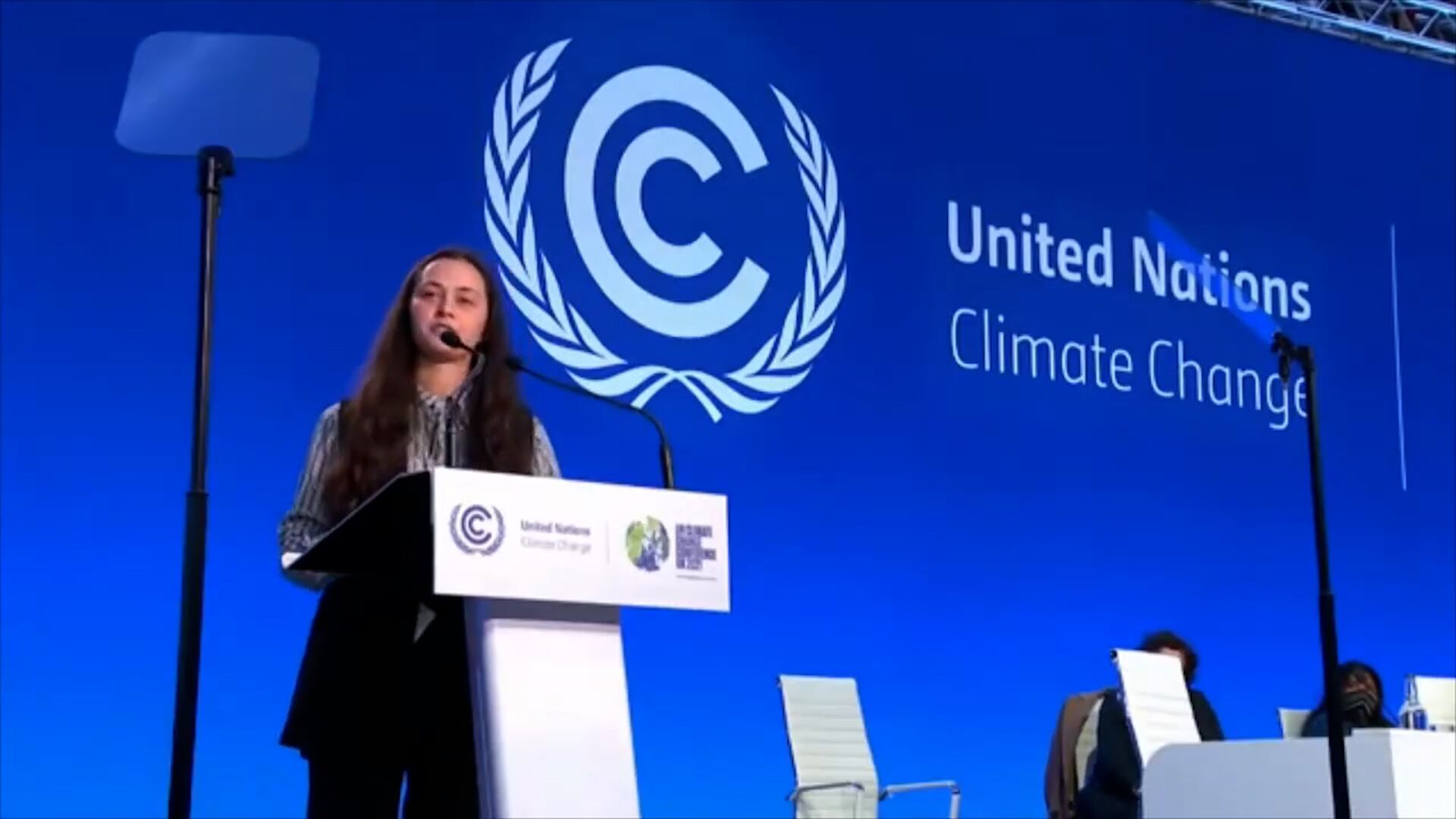Activist Tame Iti has been accused of being a kūpapa because he chose to not get involved in the Wellington protests.
Kūpapa is a te reo Māori word used to describe a person who has sided with Pākehā opposition or the government.
"I have very close friends from all around the motu and they've been calling out. They message me saying 'Tame, where are you?'," he said.
“Some people were quite abusive. The responses from some of them were that I'm a kūpapa, I'm a sell-out and something's gone wrong. 'What happened to you? Have you sold out to go to the government?’."
Iti, of Ngāi Tūhoe, has been a life-long activist but was sceptical about how the Wellington protests were carried out.
“It wasn't led by us. We didn't really have the voice in there. There was a big, huge group of Pākehā people that led this whole movement.”
Iti was speaking alongside other Māori activists, Mike Smith, India Logan-Riley, and Pipitea Marae chairman Kura Moeahu on Te Ao with Moana.

Activist Mike Smith says the events in Wellington have given protests a bad name. Photo source: File.
'Protest gave hikoi a bad name'
Smith, from Ngāpuhi and Ngāti Kuri, says he understands why people got involved in the events in Wellington because protests and occupations “can be a lot of fun, provided of course that they're on some kind of kaupapa that's all good, true, and correct, which this particular one isn't; and that they've got good leadership, making sure everybody's safe, which this one isn't".
“It's a shame because it’s given hikoi, protest and occupations a bad name," he told host Moana Maniapoto.
Moeahu, from Te Ātiawa, says Māori were involved in the Wellington protest because Māori have suffered a lot of intergenerational dispossession and alienation.
“There's a lot of anger within the Māori communities. There's a lot of frustration tied up with the anxiety around Covid tied up with the misinformation and vaccinations and all of that. It's a pretty toxic brew. People are calling for freedom.”
However, he says freedom is an alien concept to Māori and “we live under tikanga”.
“We are not free to do whatever we want. We are actually bound to do what the responsible thing to do is according to tikanga, according to kawa, the way that we do things, according to kaupapa. This notion of freedom to do whatever you want is nonsense.”

Pipitea Marae chairman Kura Moeahu. Source: File
'Freedom' can be harmful
Logan-Riley, who is a climate change activist from Kahungunu ki Heretaunga, says the term freedom can be harmful.
"We really have to watch out for the ways in which ideology can be snuck in because freedom is a nice catchy umbrella, but it can do a lot of hiding of harmful ideologies as well."
She says protesting and occupations have changed over time due to social media and the "ability to access what's happening on the ground live in the moment outside of traditional media platforms".
During the Wellington protest, she says social media platforms were being used by "the far rights who had a large major following before other people who were there trying to bring a different kaupapa".
"So that resourcing of white supremacist platform then enables white supremacist messaging to get ahead in places like social media."

India Logan-Riley represented indigenous peoples speaking at the United Nations COP26 summit. Source: UN Climate Change
Solutions
Smith says there are better ways to speak up as Māori about concerns related to decolonisation.
“Just because you can go into a $2 shop and buy a tino rangatiratanga flag doesn't mean that you are carrying a rangatiratanga kaupapa.”
He says hosting wānanga could help.
“These could be decolonisation wānanga [to] make sure that we are doing the right thing and that we are not getting sucked into somebody else's movement, which I think is what's happening in Wellington," he says.
“We've had 150 years of forced amnesia where we have to forget about who we are, what our languages are, the places that we stand on. So we're a little bit confused. So we've got to just get that clutter out of our heads and then we've got to fill it up with the good stuff.”
Iti says, “there are certain things we can do there in the way how we conduct ourselves just around within our marae, within our hapū and in our own home and in our whānau home, the tikanga and kawa that we lay out there.”
Watch Te Ao with Moana every Monday at 8pm on Māori Television or on the Te Ao with Moana Facebook page here.
